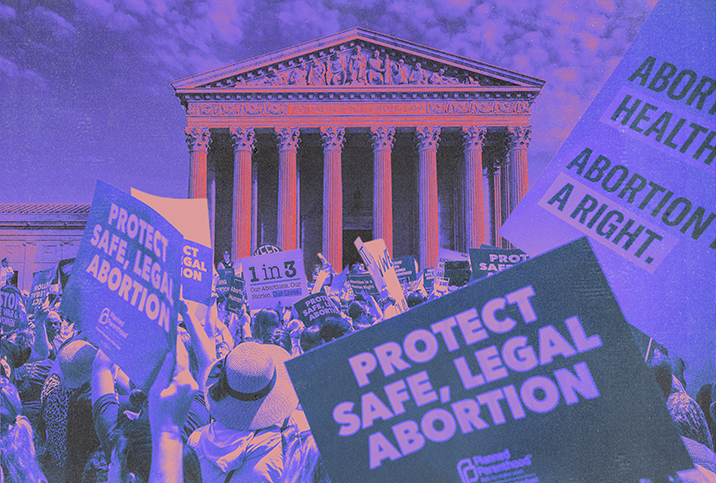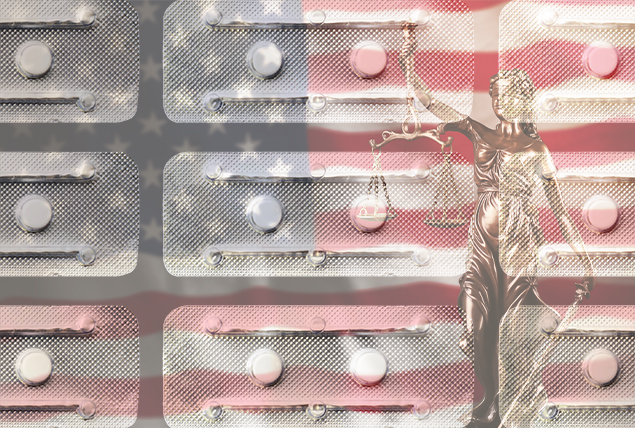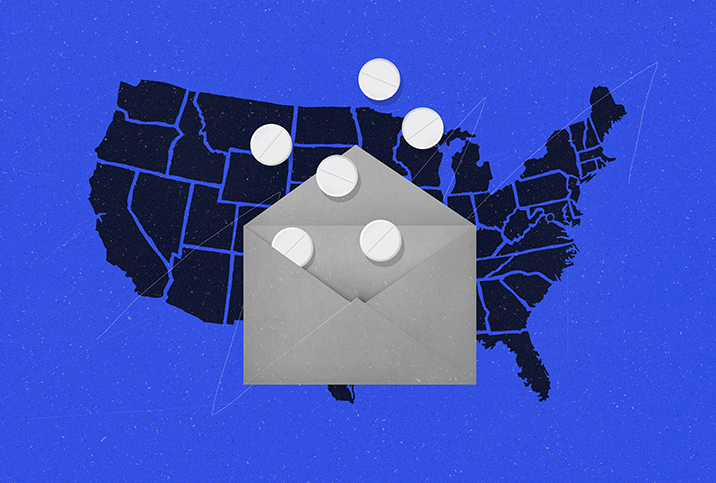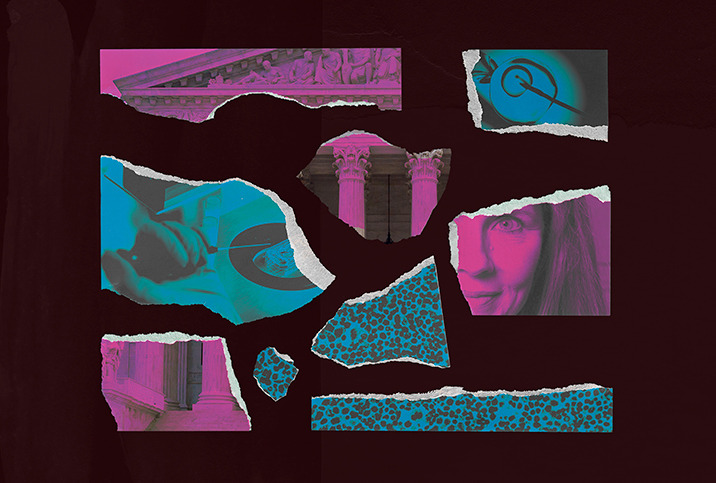The Supreme Court Ruling Allows Emergency Abortions in Idaho to Continue

Key Points
- The high court decided to send a case concerning Idaho's near-total abortion ban back to the court of appeals.
- The justices said that, while legal proceedings continue, doctors in Idaho emergency departments can continue to perform abortions when necessary to protect women from grievous harm.
- The decision left many abortion rights opponents and advocates with unanswered questions.
On June 26, 2024, the Supreme Court of the United States (SCOTUS) declined to decide whether an Idaho abortion ban conflicts with a federal law requiring emergency room doctors to provide stabilizing care to all patients, including women experiencing abortion complications and those who may need abortions.
In a limited ruling, the justices dismissed an appeal brought by Idaho officials and temporarily reinstated a lower court order that allows doctors in the state to perform emergency abortions to protect women's health.
The procedural order left many questions unanswered and suggested the case may return to the Supreme Court.
What is the U.S. Supreme Court ruling on emergency abortions in Idaho?
In January 2024, the U.S. Supreme Court allowed Idaho to continue to enforce its ban, the Defense of Life Act or Section 622, while it considered the case, Idaho v. United States. The latest ruling, issued after a 6-3 vote with Justices Neil Gorsuch, Samuel Alito and Clarence Thomas dissenting, retracts that order.
The justices didn't address a fundamental issue in the case: Whether federal health care law trumps state abortion bans, like Idaho's, that prohibit doctors from terminating pregnancies except in very narrow circumstances.
Instead, SCOTUS pushed the case back to the Ninth Circuit Court of Appeals, which hasn't yet issued a ruling.
What is the Idaho abortion ban?
Soon after the Supreme Court overturned Roe v Wade in June 2022, Idaho instated a law that only allows for abortions to save the life of a pregnant person or in cases of reported rape or incest. The Biden administration sued the state, arguing that the federal Emergency Medical Treatment and Labor Act (EMTALA) requires doctors in Medicare-funded hospitals to stabilize patients regardless of the circumstances.
Under Idaho's abortion ban, doctors can theoretically be prosecuted for performing abortions to protect women from life-altering health issues in situations where their life isn't in imminent danger.
Some examples, according to the administration, include ectopic pregnancy and severe preeclampsia or complications of pregnancy loss.
Women who get abortions cannot be prosecuted under the law.
State representatives countered that federal health care laws shouldn't trump states' abortion restrictions since the federal constitution no longer guarantees abortion access.
About 86 percent of U.S. adults believe abortions should be legal in cases where the pregnancy endangers the mother's health, according to a 2023 poll by The Associated Press-NORC Center for Public Affairs Research.
What did the justices say about their ruling?
In a concurring opinion, Justice Elena Kagan said Idaho's law conflicts with EMTALA, and the court's decision will allow doctors in emergency departments to continue performing abortions when necessary to protect women from life-altering harm.
"Doing so will again give Idaho women access to all the needed medical treatments that EMTALA guarantees," she wrote in the statement, joined in full by Justices Sonia Sotomayor and in part by Ketanji Brown Jackson.
In another concurring opinion joined by Justice Brett Kavanaugh and Chief Justice John Roberts, Justice Amy Coney Barrett said the "shape of these cases has substantially shifted" since the high court agreed to consider the issue.
Barrett was referring to revisions Idaho had made to its ban and the Biden administration's assurances that it was only seeking to permit emergency abortions in specific, rare situations.
As a result, Barrett wrote that the court no longer believed the case was "appropriate for early resolution. We should not jump ahead of the lower courts, particularly on such an important issue."
Recommended
- The Facts About Abortion: Women considering abortion should understand the principal facts about the procedure itself.
- You Have Options if You Decide to Have an Abortion: There are many choices and factors to consider after you decide to terminate a pregnancy.
- How I Terminated My Pregnancy: In a place where abortion is illegal, I am grateful I was able to choose to end my pregnancy.
Justice Ketanji Brown Jackson, who opposed the court's decision not to decide the case, read her opinion from the bench, indicating profound disagreement.
"While this court dawdles and the country waits, pregnant people experiencing emergency medical conditions remain in a precarious position," she said. "This court had a chance to bring clarity and certainty to this tragic situation, and we have squandered it."
Justice Samuel Alito also opposed the court's decision and said he would rule in favor of Idaho.
"Here, no one who has any respect for statutory language can plausibly say that the government's interpretation is unambiguously correct," he wrote in a dissenting opinion joined by Justices Neil Gorsuch and Clarence Thomas.
Does the Supreme Court order apply to other states?
The ruling doesn't apply to other states with abortion bans similar to Idaho's, of which there are five, according to KFF.
For example, in Texas, an appeals court ruled that federal healthcare laws don't supersede state abortion bans, allowing the state to continue enforcing its near-total ban. The Texas law technically allows exceptions when the life or health of a pregnant person is at risk.
However, several women in the state have reported being denied access to emergency abortions in situations where their health—but not their life—was in danger.
Other states that don't allow exceptions for the health of a pregnant person include:
- South Dakota
- Oklahoma
- Arkansas
- Mississippi
What happens now?
The Justice Department will continue pursuing its case to ensure women nationwide have access to the medical care granted by EMTALA, Attorney General Merrick Garland said in a statement.
This is one of several attempts by the Biden-Harris administration to allay the fallout from the Supreme Court's Dobbs decision. Earlier this year, the organization expanded the Health Insurance Portability and Accountability Act of 1996 (HIPPA) to protect women who've had abortions.
Last year, the Department of Justice intervened in a case challenging access to mifepristone, one of two pills frequently used in miscarriage and medical abortion care. The Supreme Court sided with the administration in June, allowing the medication to remain available without additional restrictions.
The Supreme Court's ruling allows doctors in Idaho emergency rooms to continue treating pregnancy complications. Whether that remains the case long-term depends on the court of appeal's ruling and, potentially, another decision by SCOTUS.
The bottom line
Many view the Supreme Court's ruling as a win for abortion rights—if only a temporary one.
Options for abortion, including in case of a medical emergency, remain limited for women in about half of the country, driving many people to cross state lines. Although stretched thin, organizations in abortion-legal states have ramped up services to accommodate more patients.
For advice and assistance, visit the Planned Parenthood website.


















